A Mississippi couple took in a relative's kids to keep them out of the foster care system. They say parents like them deserve more support.
Children & Families
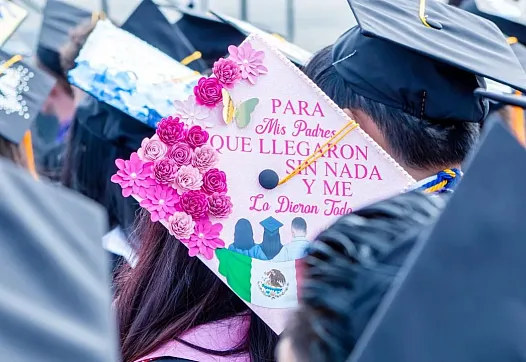
Immigration raids in SoCal trigger fear, absenteeism and trauma among Latino students, disrupting school life and prompting calls for legal and mental health support.
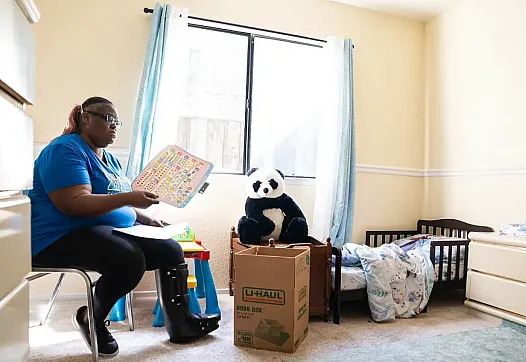
A journalist examines the child welfare system’s racial disparities, its generational impact on Black families, and community solutions amid funding cuts and the need for reforms.
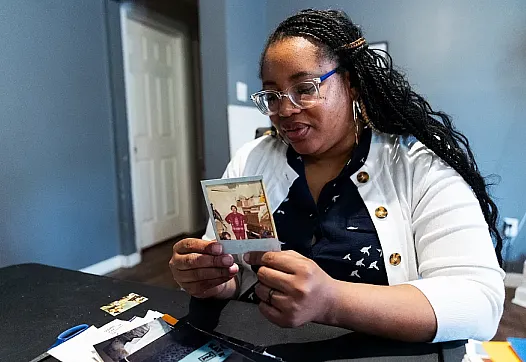
Millions of U.S. children live with relatives, yet such "kinship families" lack support and visibility. Reporting their stories can help change that.
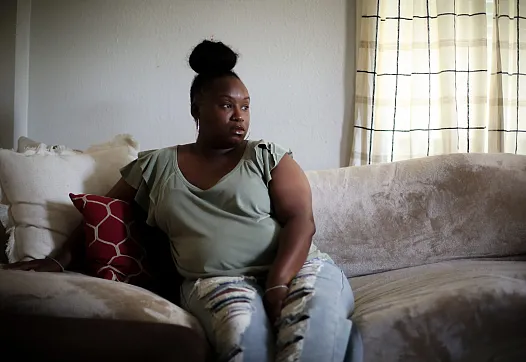
Private foster care and adoption agencies in Texas are brokering contracts for moms to turn over their children in a murky legal world, spawning protracted civil custody battles.

A tragedy means Amy must take in her nieces and nephews. She and her sisters fight to give them a better childhood than they had.
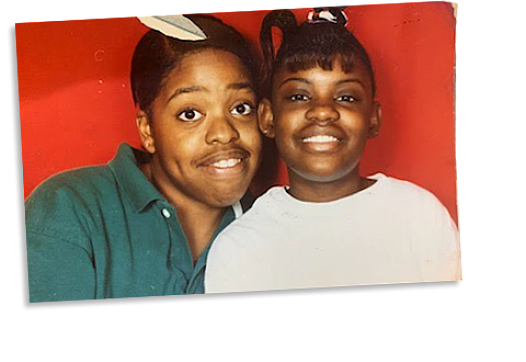
Family members who take in a relative's kids face unique challenges. Often, they do so without financial, educational and medical support.
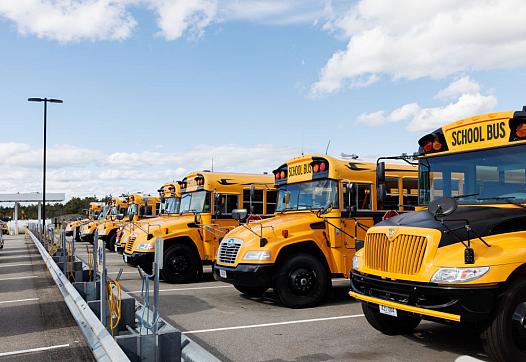
A reporter finds that Maine schools continue using restraint and seclusion on students, causing trauma and shirking accountability.
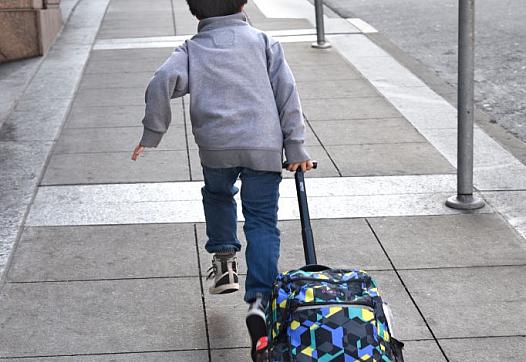
Asian families in NYC’s foster system face invisibility due to poor data and cultural stigma, leading to lasting harm and overlooked reunification struggles.
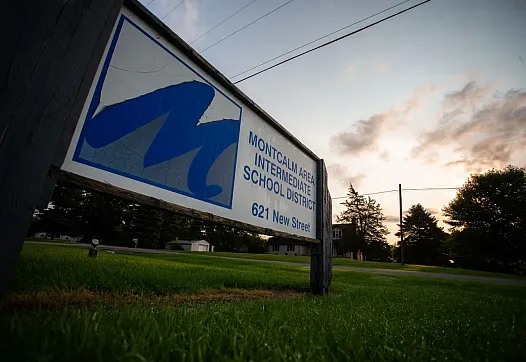
Montcalm County Intermediate School District was one of the subjects of a 2022 Detroit Free Press investigation over restraint and seclusion tactics used on students with disabilities.
